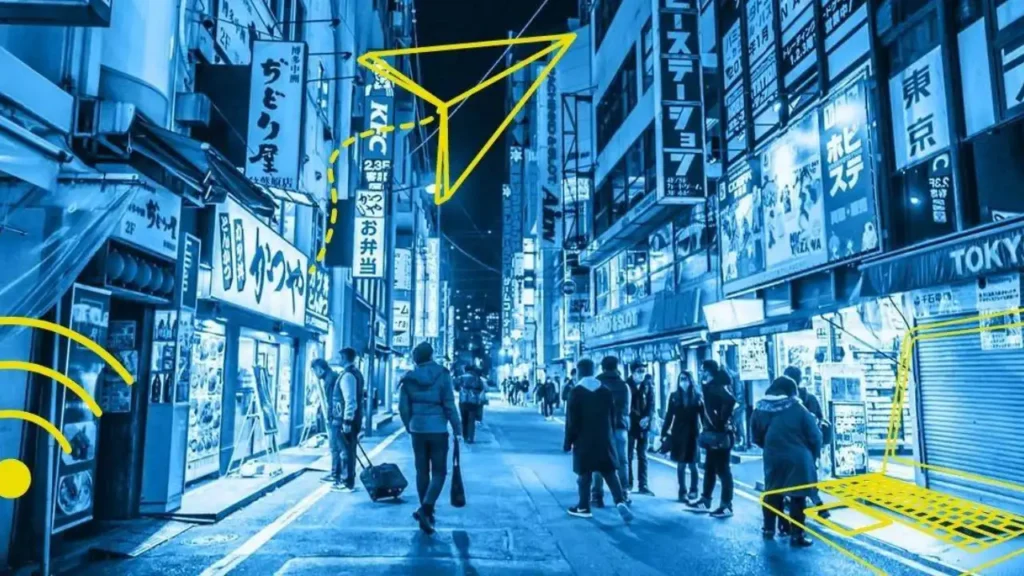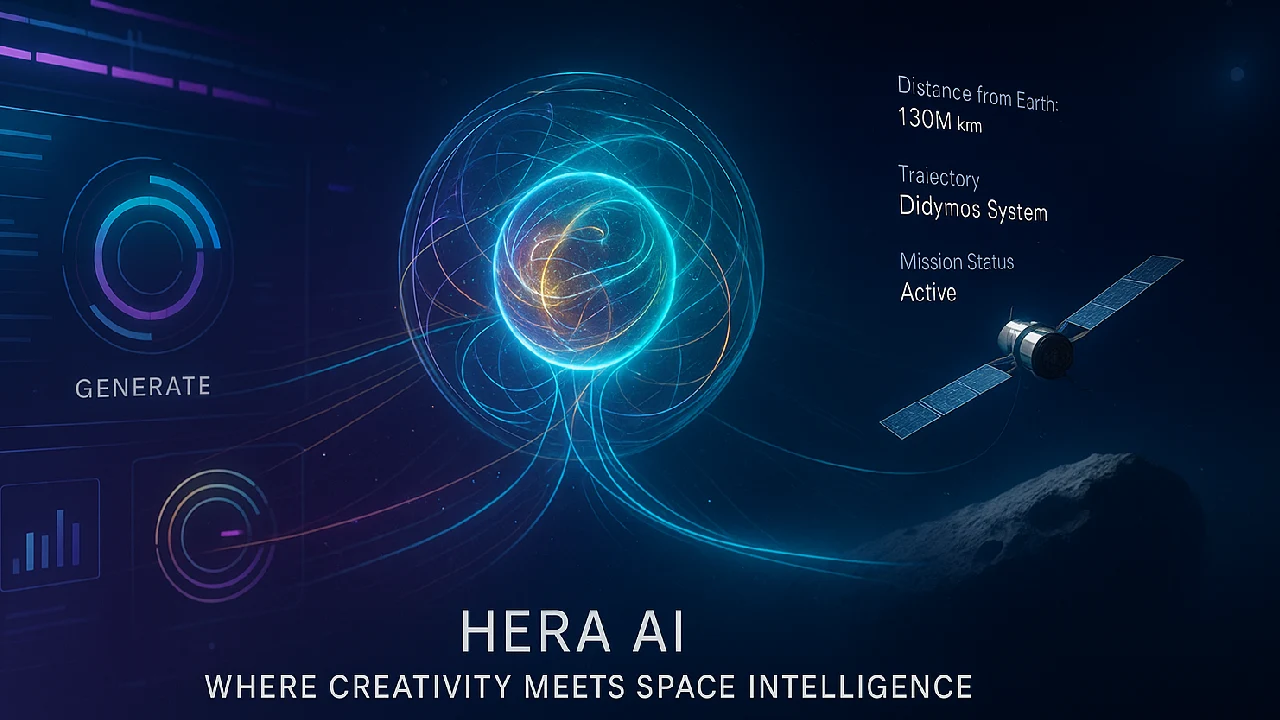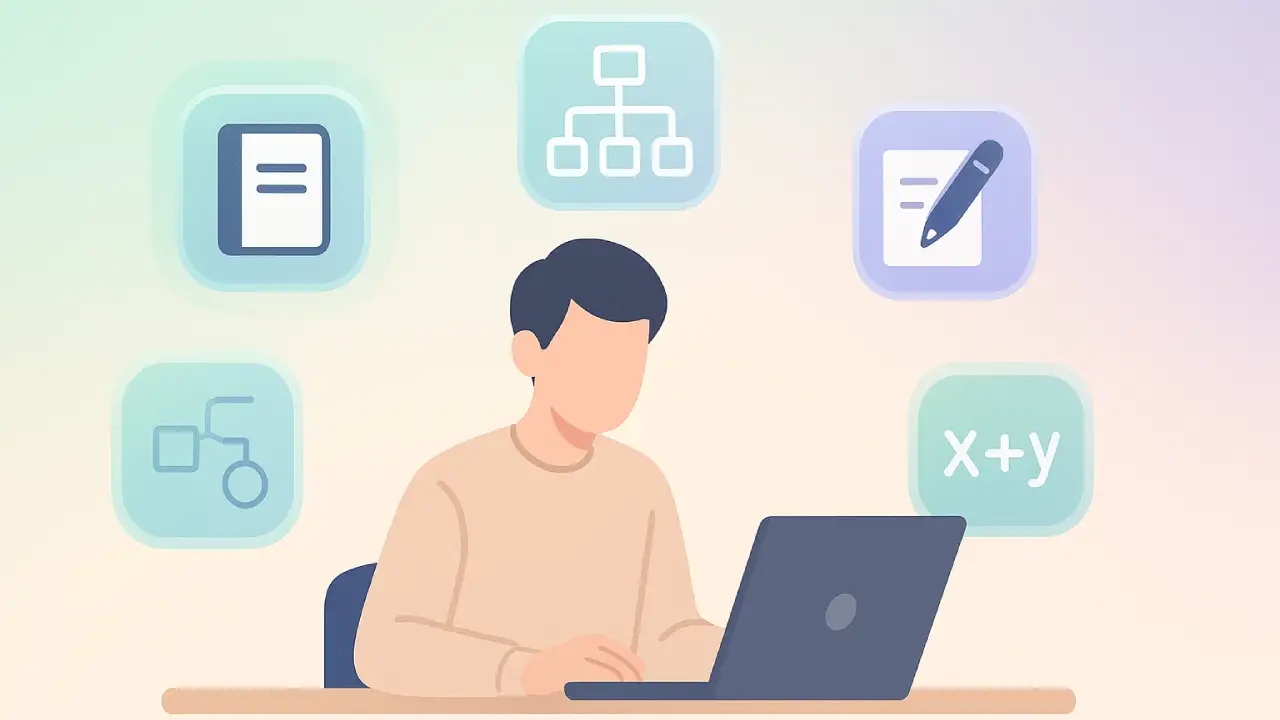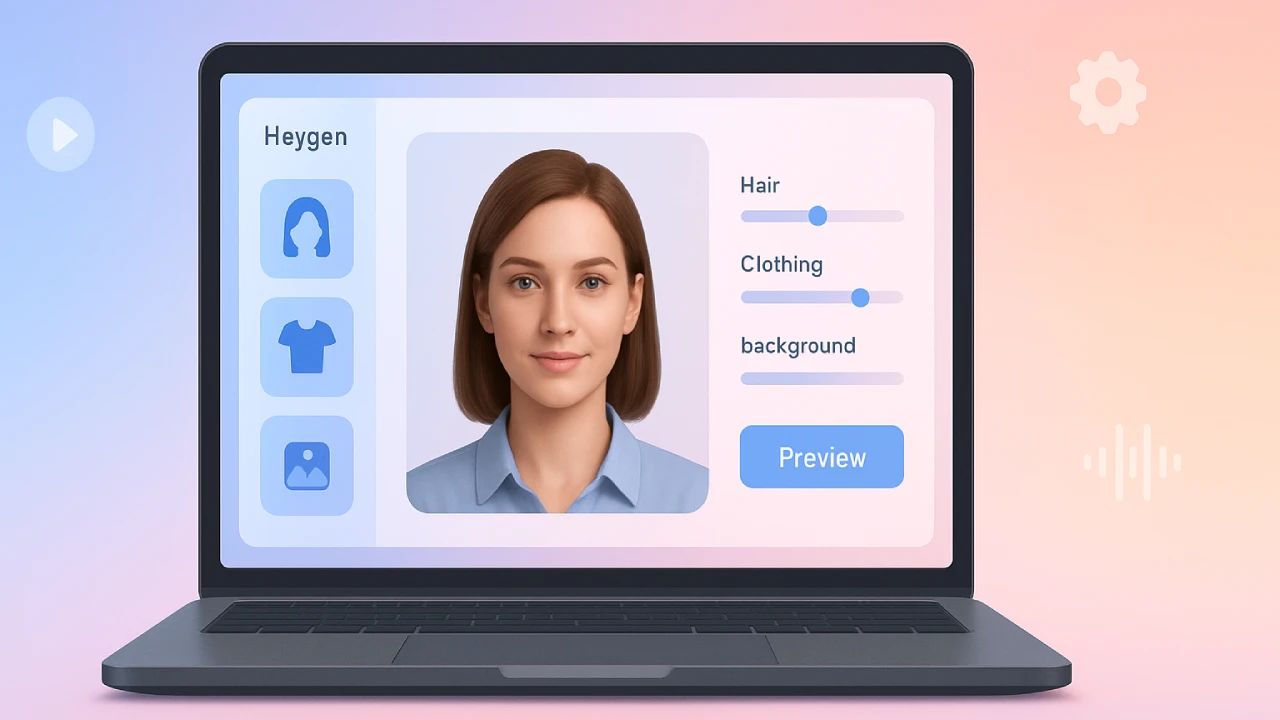Japan has set a new world record in internet speed — hitting 1.02 Pbps (petabits per second). This breakthrough came from researchers at Japan’s National Institute of Information and Communications Technology (NICT), working with Sumitomo Electric and European partners. They achieved this incredible speed using a newly designed 19-core optical fiber cable, showing what the future of high-speed internet might look like.

How the Technology Works
The 19-Core Fibre Design
This new cable has 19 separate cores, all within the same standard cable size, instead of using a single-core design like most current internet systems. That means it can carry 19 times more data without needing new infrastructure. Think of it like upgrading a one-lane road into a 19-lane highway.
Boosting Signals Across Long Distances
To keep the signal strong over long distances, the team used advanced signal amplification techniques. The newly designed optical fiber cables operate across different light wavelength bands, enabling the researchers to send data over 1,800 kilometers without slowing down.
Just How Fast Is 1.02 Pbps?
To put it simply, it’s incredibly fast.
| Measurement | Equivalent |
|---|---|
| 1 Petabit | 1,000 Terabits |
| 1 Terabit | 1,000 Gigabits |
| 1 Petabit | 125,000 Gigabytes |
| 1.02 Pbps | About 127,500 GB/sec |
Here’s what that means:
- You could download 100,000 HD movies in just one second.
- The entire Netflix library could be downloaded in under a second.
- A 150GB video game like Call of Duty could download instantly.
- You could download Wikipedia (100 GB) 10,000 times in one second.
- 67 million songs could be transferred in one second — enough to play nonstop for over 127,000 years.
Speed Compared to Real-World Internet
Let’s compare this speed to what people usually get:
- India: Average speed ~63 Mbps
→ Japan’s record is over 16 million times faster. - United States: Average ~290 Mbps
→ Still more than 3 million times slower.
Clearly, this isn’t just a step forward — it’s a giant leap.
Why This Matters
Better for Future Networks
Although this speed isn’t something consumers can access yet, it’s a big development for systems that move large amounts of data — like data centers, undersea cables, and research labs. It can help manage growing internet traffic and prepare networks for technologies like 6G.
Powering New Technologies
With this fast internet, we could unlock new levels of performance in:
- Cloud computing and AI model training
- 8K and VR streaming with no lag
- Remote surgeries using live, high-resolution imaging
- Smart cities and connected devices (IoT)
- Instant backup and data transfer between countries
The Current Limitations
Right now, this technology only works in labs. Today’s consumer devices — phones, routers, and computers—can’t handle speeds like this. Also, the systems that store and process data would need to be massively upgraded.
But here’s the good news: the new cable works with existing systems. That means once the supporting tech catches up, it won’t be hard to start using these cables in real networks.
What’s Next?
This isn’t the first time Japan has led in internet speed. In 2021, they reached 319 Tbps, then 402 Tbps in 2023. Now, they’ve crossed the petabit line. In the coming years, we may see early use of this fiber in:
- Data centers
- Global internet backbones
- Future 6G and beyond
Conclusion
Japan’s achievement of 1.02 Pbps internet speed shows us what’s possible for the future of connectivity. With smarter fibre cables and better amplification systems, we’re closer to a world where massive data moves instantly. While it might take time before we see this at home, it’s a key step toward faster, more reliable global communication.







